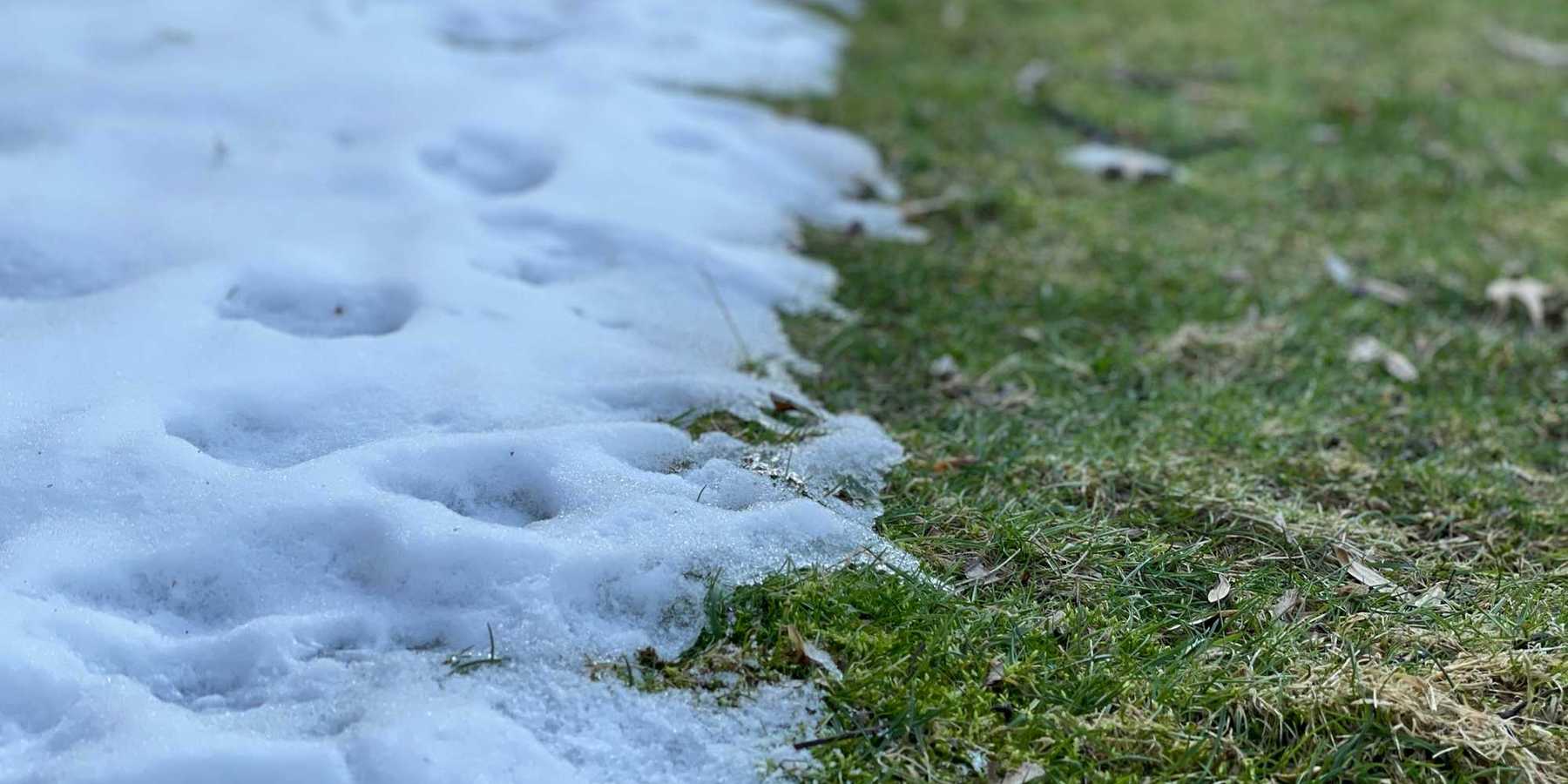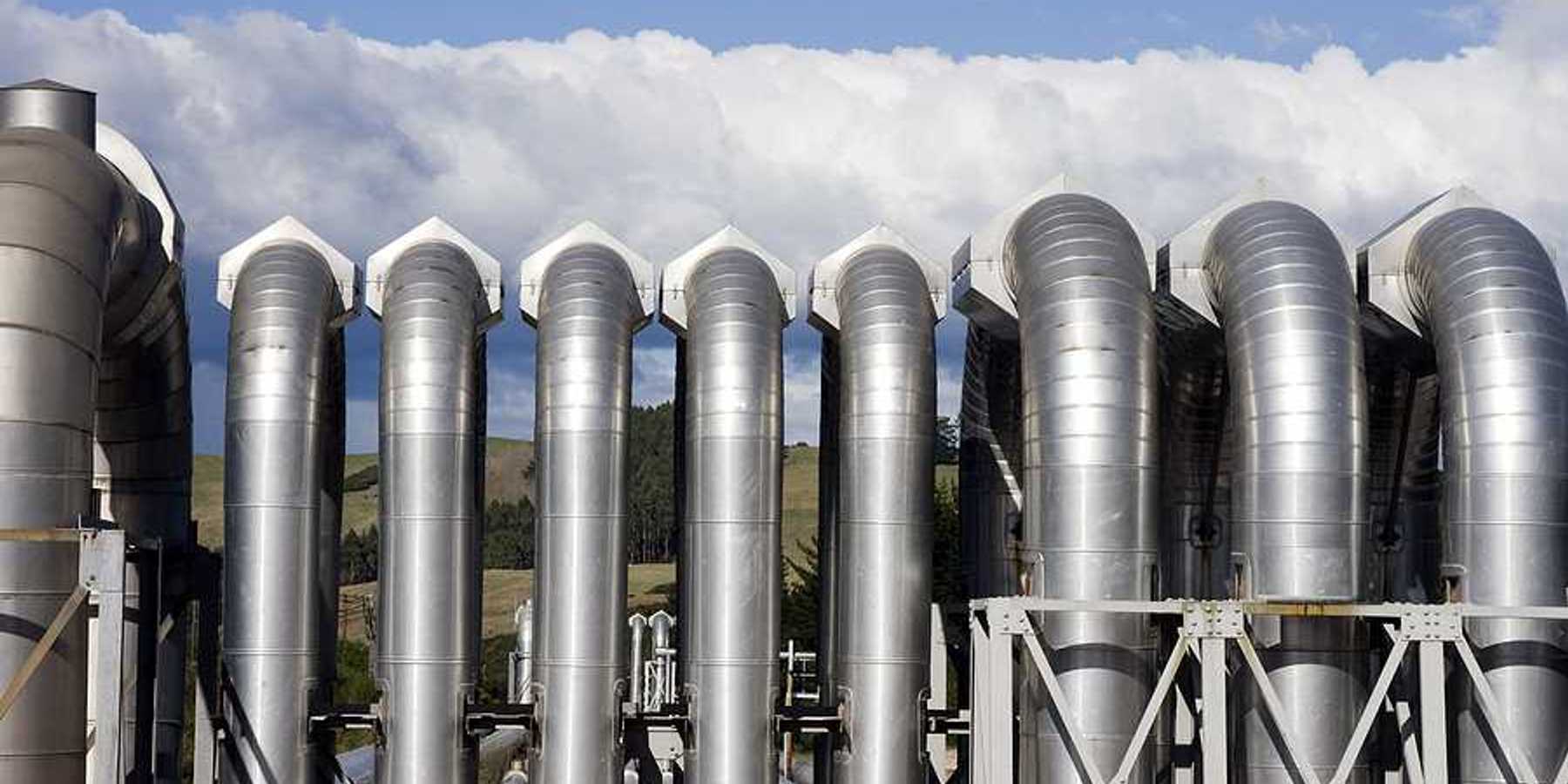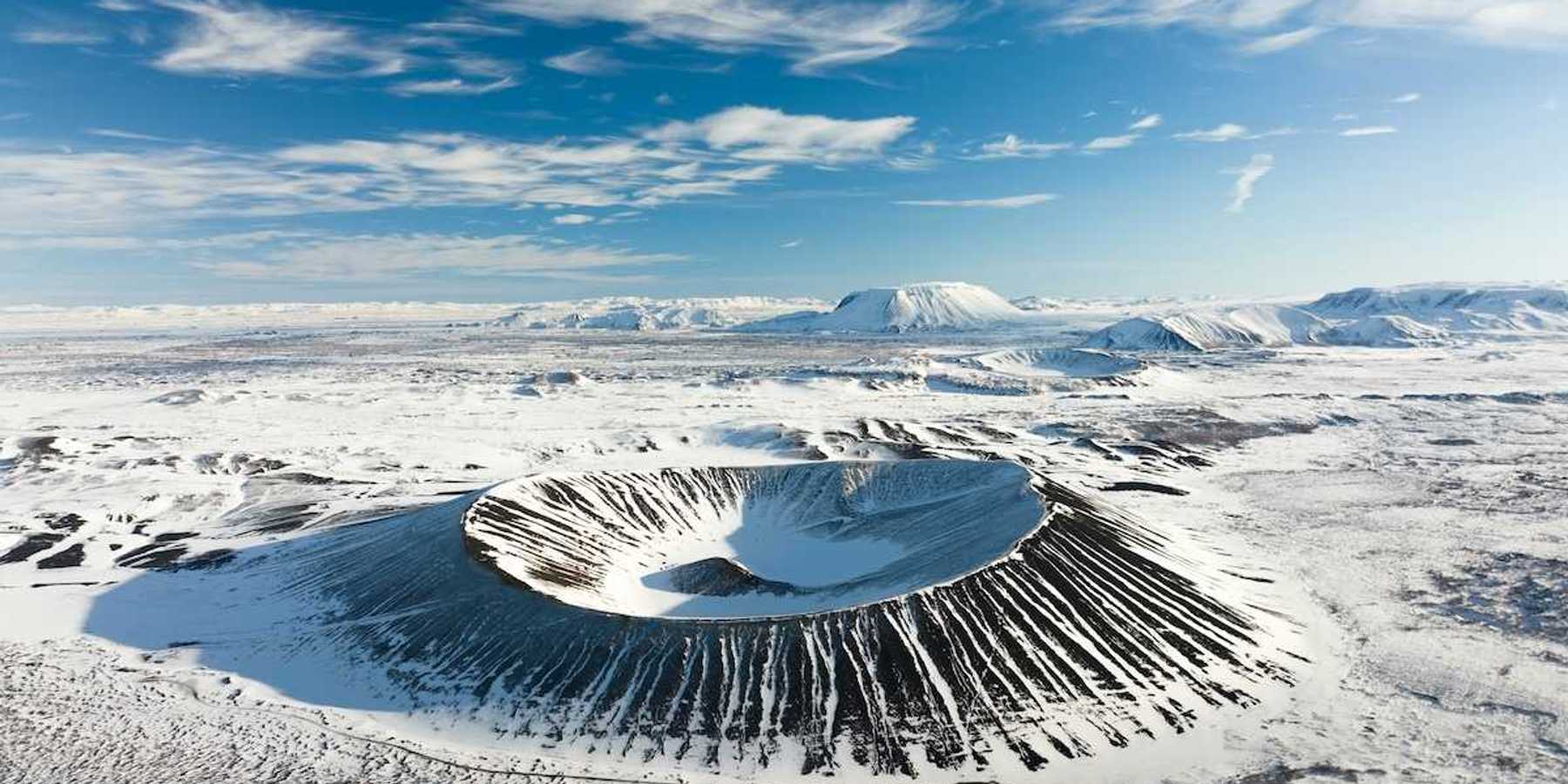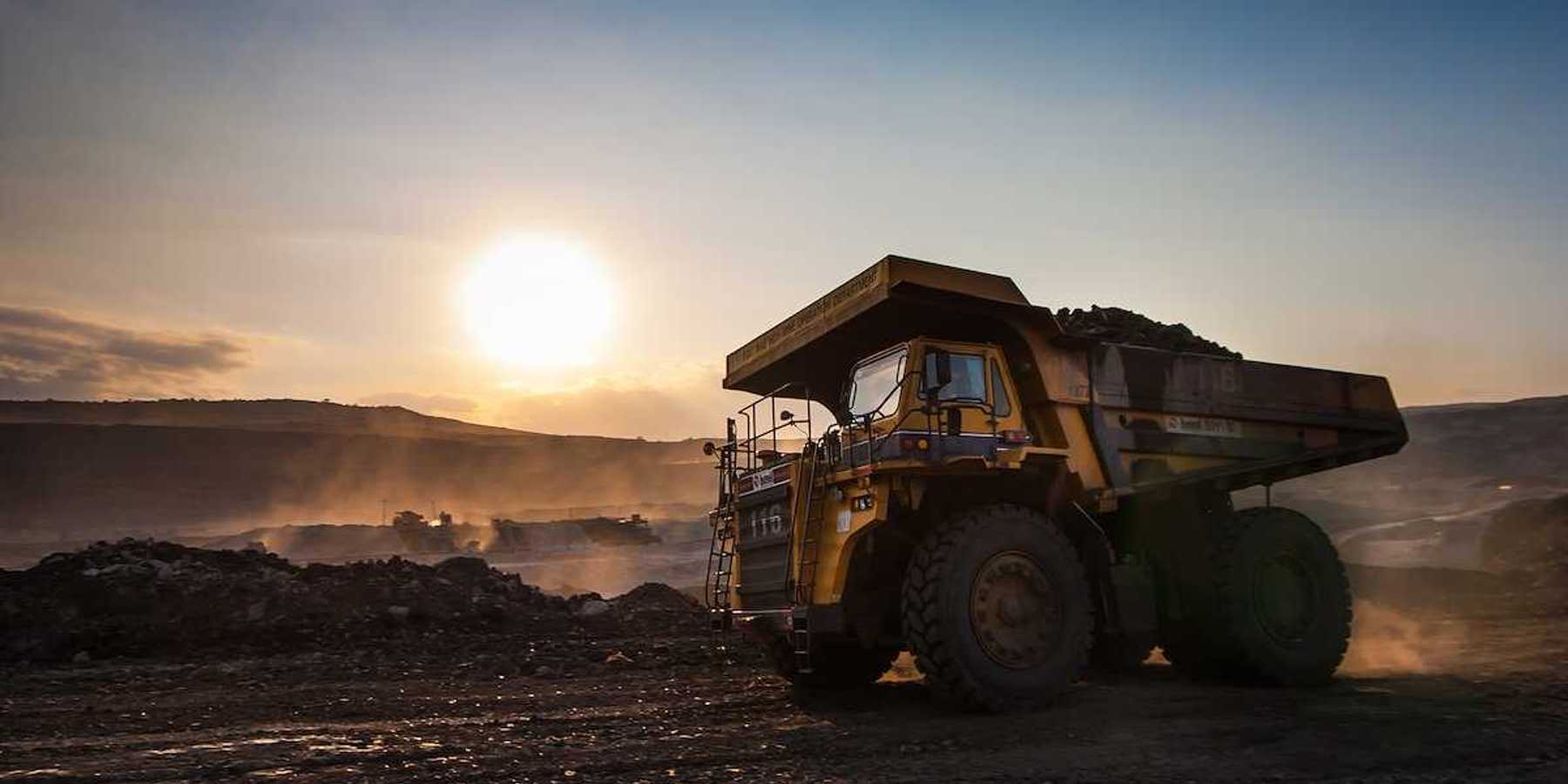Altering species to safeguard them
In a bid to save endangered wildlife, scientists explore "assisted evolution" techniques, challenging traditional conservation methods.
Emily Anthes reports for The New York Times.
In short:
- Australia's unique wildlife faces extinction due to habitat degradation, invasive species, and climate change.
- Scientists propose altering animal genomes through techniques like crossbreeding and gene editing to enhance species' survival traits.
- Interventions like genetic rescue aim to increase genetic diversity and resilience in endangered populations.
Key quote:
"Let’s lean into that, not be daunted by it. My view is that 50 years from now, biologists and wildlife managers will look back at us and say, ‘Why didn’t they take the steps and the opportunities when they had the chance?’"
— Dan Harley, senior ecologist at Zoos Victoria
Why this matters:
As biodiversity declines globally, innovative approaches like assisted evolution offer hope for saving endangered species. However, ethical considerations and potential unintended consequences underscore the need for careful deliberation in implementing these strategies. Some innovators are looking to biomimicry to address sustainability challenges. Can they harness green chemistry to get it right?













